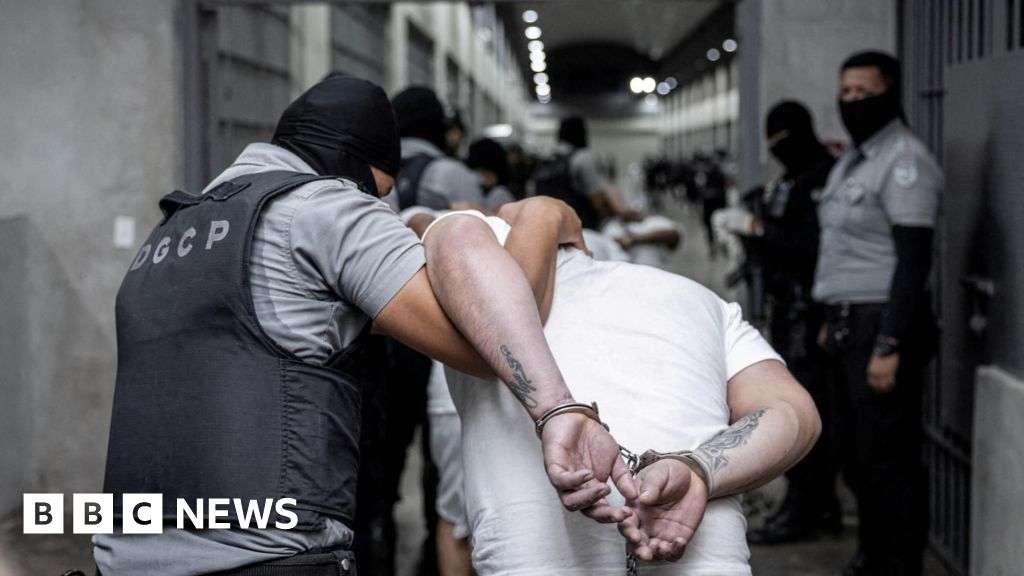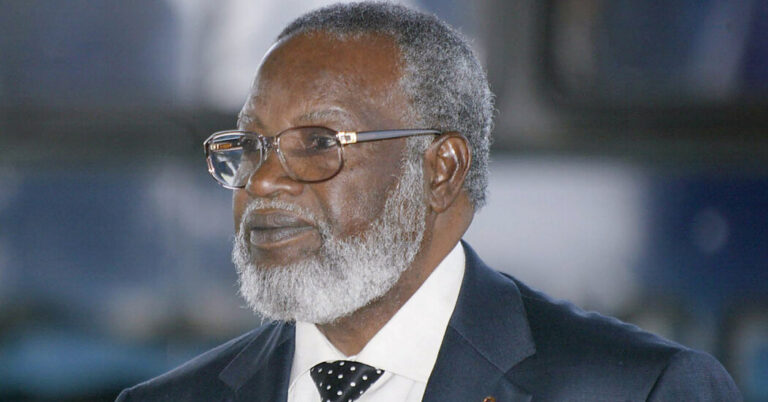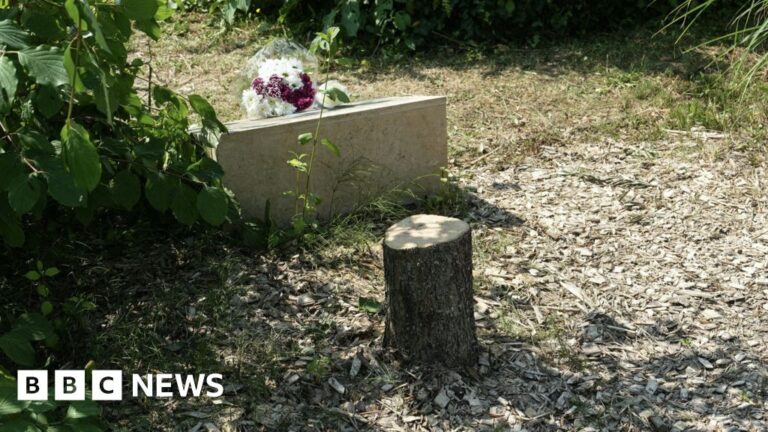Here is the result in plain text:
More than 200 Venezuelans, who the White House alleges are gang members, have been deported from the US to a notorious mega-jail in El Salvador.
Out of the 261 people deported, 137 were removed under the Alien Enemies Act, a senior administration official told CBS News, the BBC’s US partner.
This broad, centuries-old law was invoked by President Donald Trump. He accused Venezuelan gang Tren de Aragua (TdA) of “perpetrating, attempting, and threatening an invasion or predatory incursion” on US territory.
A lower court had temporarily blocked these deportations on March 15, ruling that the administration’s actions under the law needed further scrutiny. But in a 5-4 decision on 7 April, the Supreme Court lifted that block, siding with Trump while also mandating procedural safeguards.
The Alien Enemies Act grants the president of the United States sweeping powers to order the detention and deportation of natives or citizens of an “enemy” nation without following the usual processes.
It was passed as part of a series of laws in 1798 when the US believed it would enter a war with France.
The act has only been previously used three times – all during times of conflict involving the US.
People of Japanese descent, reportedly numbering about 120,000, were imprisoned without trial. Thousands were sent to internment camps.
People of German and Italian ancestry were also interned during that time.
Before that, the act was used during the War of 1812 and World War One.
Though this is the first time the act has been used by Trump, it is not the first time he has mentioned it.
At his inaugural address in January, he said he would invoke the act to “eliminate the presence of all foreign gangs and criminal networks bringing devastating crime to US soil”.
Federal judge James Boasberg attempted to stop the use of the law to carry out the deportations, but the White House said this had “no lawful basis”, and that the removals had already taken place.
This led to a back-and-forth between the federal judge, located in Washington DC, and the government.
Boasberg dismissed the government’s response to his order as “woefully insufficient”, and warned of consequences if the Trump administration had violated his ruling.
Donald Trump hit back on social media, saying Boasberg should be impeached and calling him a “grandstander”.
Source link




